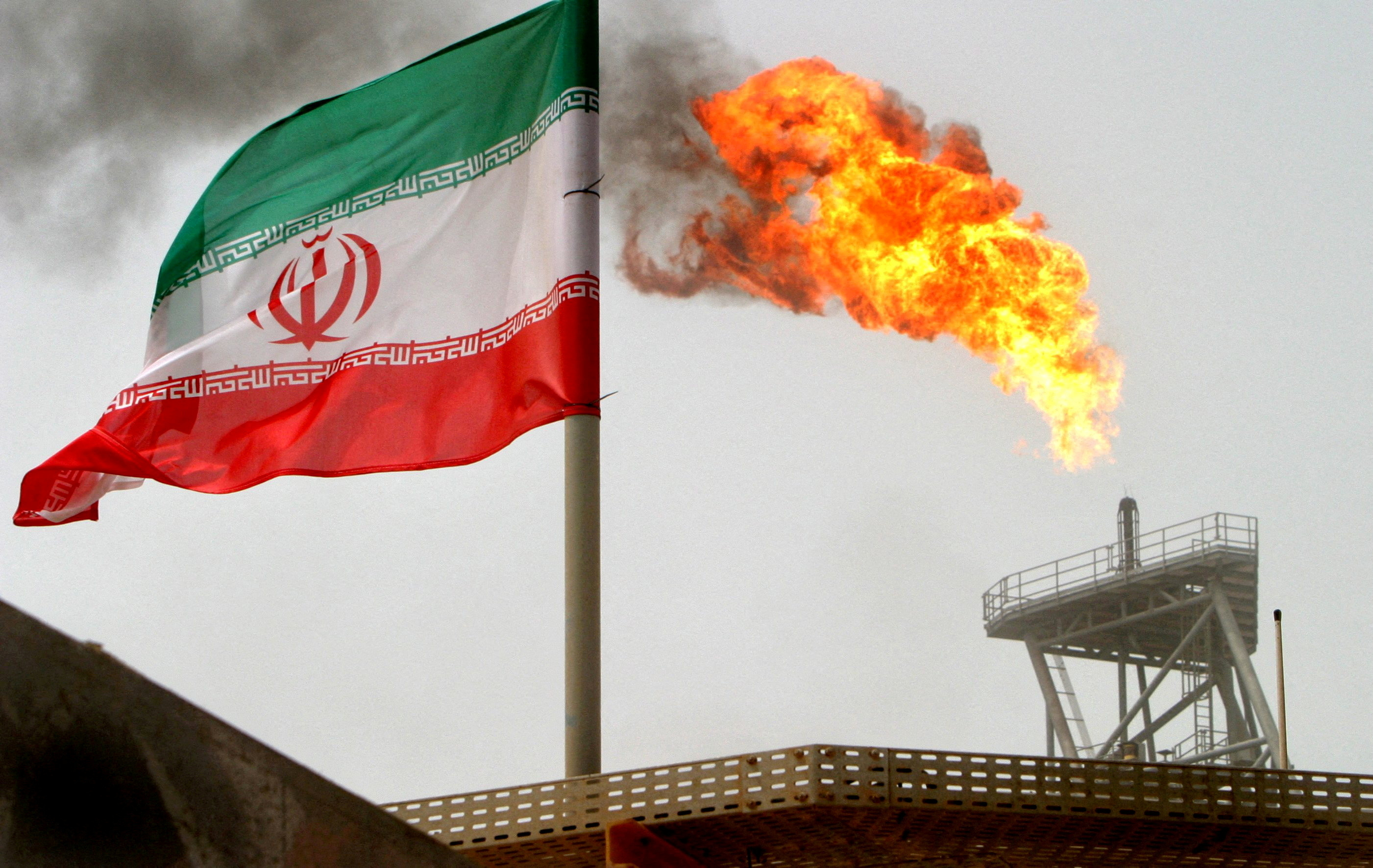The United States has warned against an Iranian misstep after a senior aide to the country's supreme leader threatened to expel UN nuclear inspectors ahead of weekend talks with the US officials.
"The threat of that kind of action, of course, is inconsistent with Iran's claims of a peaceful nuclear programme," State Department spokesperson Tammy Bruce told reporters on Thursday.
"Also, expelling IAEA inspectors from Iran would be an escalation and a miscalculation on Iran's part."
Earlier, a senior Iranian official warned that Iran may expel inspectors from the International Atomic Energy Agency (IAEA) and suspend cooperation with the agency if "external threats" persisted.
On X, Ali Shamkhani said the continuation of "external threats and the possibility of a military attack on Iran" could lead to the "expulsion of IAEA inspectors and the suspension of cooperation with the IAEA".
Shamkhani, an adviser to Iran's Supreme Leader Ali Khamenei and former head of the country's top security agency, also warned that transferring enriched materials to "secure and undisclosed locations within Iran" may be considered.
His remarks come amid a dramatic escalation in tensions between Iran and the US over Iran's nuclear programme, with US President Donald Trump threatening a military strike on Tehran.

Nuclear talks
US Secretary of State Marco Rubio said on Thursday the US will hold direct talks with Iran this weekend to discuss Iran's nuclear programme.
The talks between US special envoy Steve Witkoff and a senior Iranian leader are scheduled for Saturday in Oman.
"We hope that'll lead to peace. We've been very clear what Iran is never going to have a nuclear weapon, and I think that's what led to this meeting," Rubio said during a Cabinet meeting chaired by President Donald Trump.
Trump on Monday made a surprise announcement that the US and Iran were poised to begin direct talks on Tehran's nuclear programme on Saturday, warning that Iran would be in "great danger" if the talks were unsuccessful.
The announcement caused some confusion because Iran had said the talks would be indirect with the Omanis acting as mediators.
A US official familiar with the planning said the two delegations would be in the same room for the talks.
Trump on Wednesday repeated his threat to use military force if Iran did not agree to end its nuclear programme, saying Israel would play a key role in any military action.
Trump said Iran could not be allowed to have a nuclear weapon and if it declined to stop development efforts, military action could follow.















